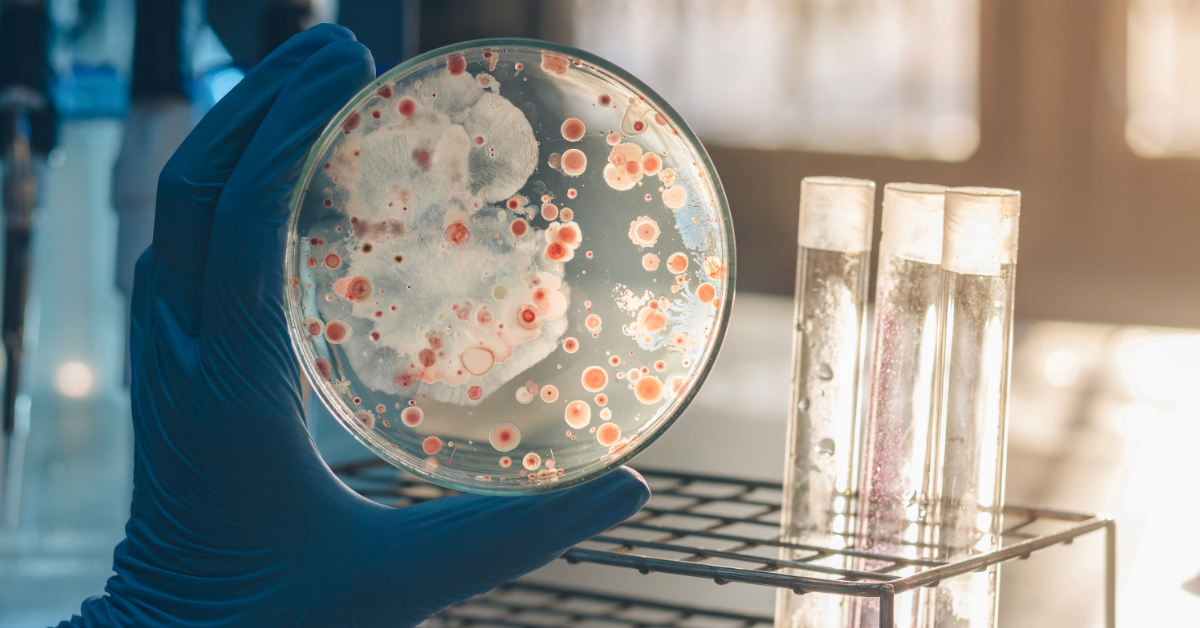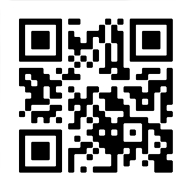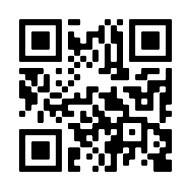English Words That Have Different Meanings to Scientists!
English is a weird language; no doubt about it. There are lots of reasons English is so hard to learn, and it’s not just the wonky grammar rules or easily mispronounced words. You’ve got some words that look exactly alike but are pronounced differently depending upon their meaning, and some words are pronounced the exact same way, but they mean totally different things depending on the context. Today we are going to look at some English words that have common meanings but are used much differently by scientists.
Basically, Basic Isn’t So Basic
Let’s get started with the basics. The basic definition of the word basic means plain, simple, or essential. Then there is the currently trending slang definition, which is a mildly insulting way of saying someone is only interested in stuff that is mainstream or popular. Then you have the scientific definition, which might refer to fundamental knowledge of something or be used to describe basic substances as alkaline or having a pH greater than seven. Who knew such a simple word could be so complex?
The Significance of Significant
Most people who describe something as significant are communicating that it is highly important. Your significant other is your spouse or partner. A significant event in your life might be a wedding, or the birth of your child, or even a great achievement in your career. However, in the scientific field, significant is a much more precise definition. Significant findings are defined as statistically supported to have a 95% or greater chance of being correct.
Trying to Understand Trials
For English speakers, the most commonly used meaning of the word trial is that of a legal proceeding. It has other definitions, though, like being employed on a trial basis or testing a trial product, which are more closely related to the scientific use of the word. Ask a scientist about a trial, and they’ll be more likely to assume you’re talking about a controlled test for experiments than anything involving a courtroom.
Cultivating a Culture
Generally speaking, when we talk about culture, we mean the customs, arts, social institutions, and achievements of a particular nation, people, or social group. When scientists talk about a culture in the lab, they’re using the verb form, which means to grow–think petri dishes cultivating bacteria and viruses. An uncultured person is someone lacking in education, taste, or refinement, but uncultured can also mean not grown or produced under artificial conditions.

Break Out the Cleavage!
Now to be fair, the literal definition of cleavage in both the standard and scientific sense means gap. However, if someone is referring to cleavage in a general conversation, they’re most likely talking about the view of a woman’s breasts in a low-cut shirt or top. Scientifically speaking, cleavage relates to the manner in which some rocks, minerals, and crystals break along a defined plane when struck or hit. Context is important!
Watch Out for Moles
We’re told to watch out for changes in moles, as they can indicate possible skin cancer. When we’re not talking about a spot on the skin, though, we might be referring to a type of small rodent or even a spy! Chemists, on the other hand, use the term as a scientific unit to measure large quantities of tiny molecules or particles.
Immortal Cells Are Not Mythological Prisons
This example isn’t actually a word that means something totally different to a scientist. It’s just that in a lab, it refers to immortal cells of some type, which means they have the ability to replicate indefinitely. That’s not too far off from the meaning you’d hear in a regular conversation, which would usually refer to something that will exist for eternity and cannot die, like a Greek god or Deadpool. Here’s looking at you, Ryan Reynolds!
Like we said, English is weird, and we understand how hard it can be to learn, especially if you don’t have someone you can practice speaking with regularly. Our Intensive English program was designed to help you learn everything from grammar and spelling rules to reading, writing, and listening in English. Whether you’re a beginner, intermediate, or advanced learner, our program is perfect for you! Our school doesn’t follow a traditional calendar, so you can jump in whenever you’re ready. We start new sessions every month, and you can enroll anytime! If you’d like to learn more, contact us at or start your application today.














